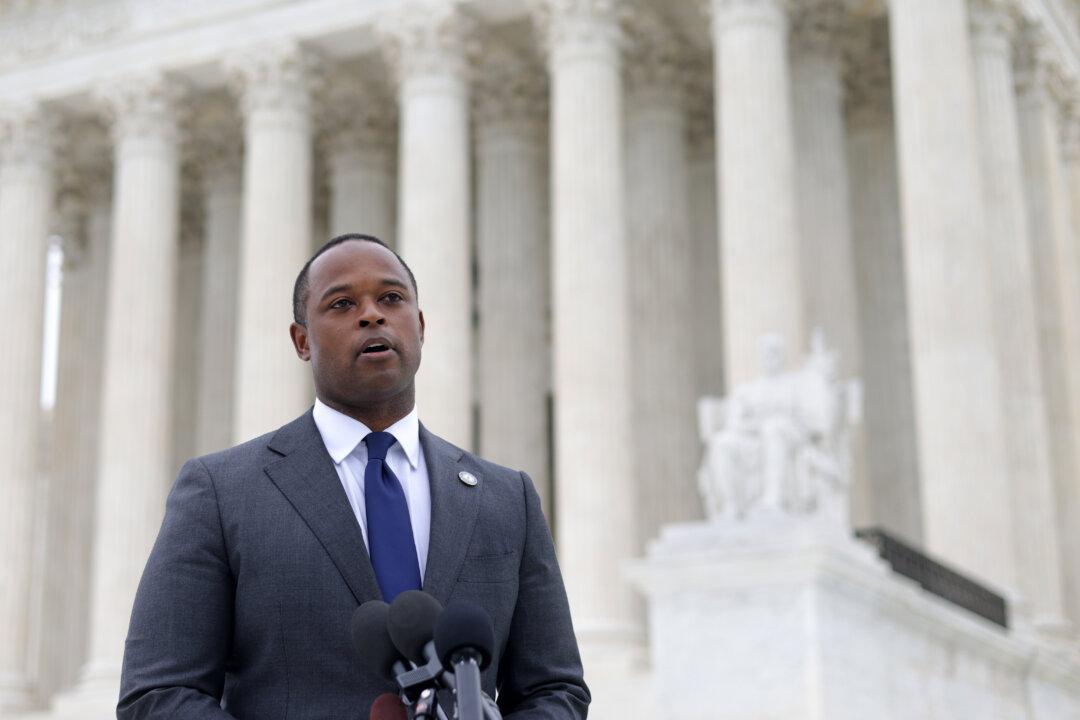The Kentucky Supreme Court rejected a request by the state’s attorney general on July 5 to reinstate two bans on abortion in the wake of the U.S. Supreme Court’s decision striking down Roe v. Wade.
The Kentucky court, in a one-page order, denied Kentucky Attorney General Daniel Cameron’s emergency motions to reinstate two state laws, the Heartbeat Law and the Human Life Protection Act.





